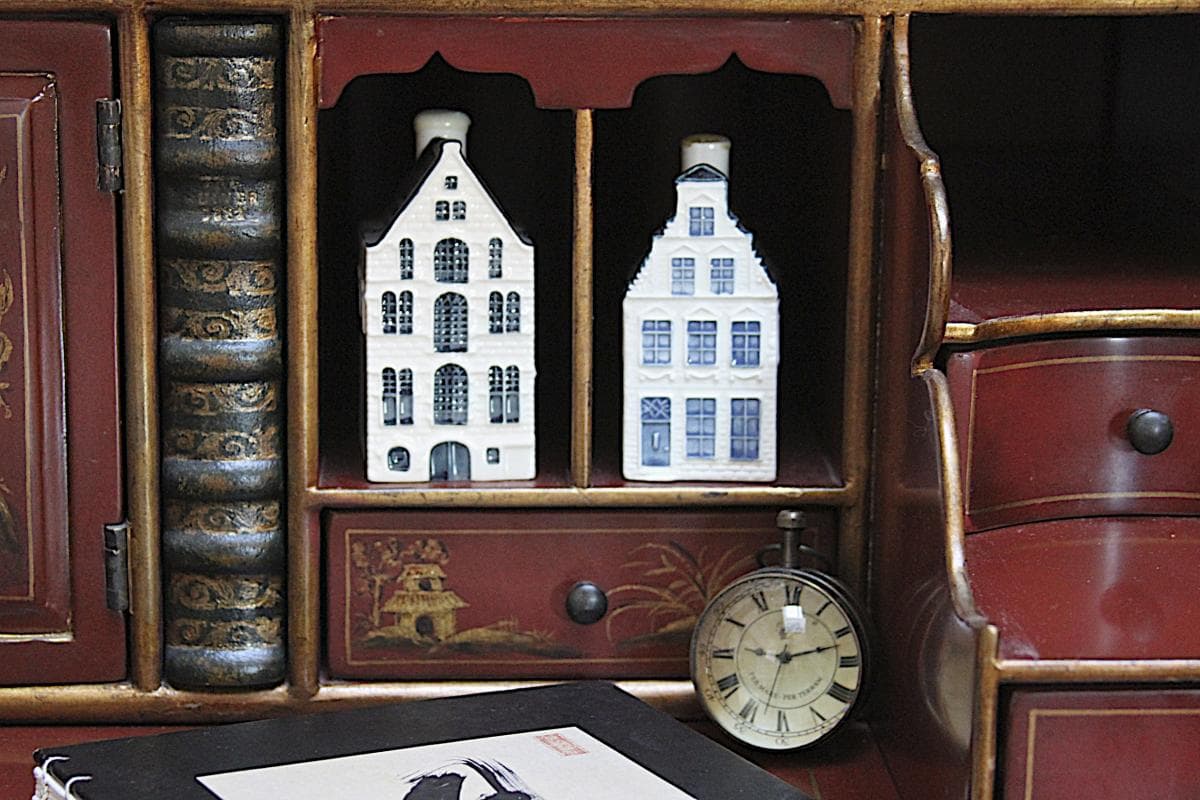
Two years ago my family was struggling with my mother's end of life journey. At the time I thought we were "living" but actually we were just managing to get through each medical crisis that mom suffered while precariously balancing caring for our own homes, work and personal relationships. Today I visualize the plate spinner from The Ed Sullivan Show when I think of how we would dart from event-to-event working to keep everything going. Our friends and neighbors were sympathetic and offered help; we were thankful for their kind words and offer of assistance but we were never able to accept the vague offer of help. The holidays were particularly difficult.
Having walked this journey, I've developed a list of how-tos when it comes to helping a caregiver. My pointers are meant to make it easier for the caregiver and the person offering help.
Don't Ask...Do. The caregiver's mind is pre-occupied with the current challenge. She feels responsible for the person she is caring for and is not in the mindset to ask for help. Instead of asking if you can make dinner, make dinner and drop it by the house. If you are worried that food may go to waste then make a dish that the caregiver can freeze and use later. If you have a couple of hours to give so the caregiver can go to the grocery store or get her hair done, then your offer needs to be stated as a choice. "I can come over on Tuesday morning or Thursday afternoon for a couple of hours while you run some errands, which would work better for you?" This is a specific offer of help and is easier to get a positive response.
Help with the mundane tasks of life. Caring for someone whose health is failing is similar to caring for a newborn child, sleep is illusive and laundry, yard work, housework and other mundane tasks of life fall by the wayside. If you can afford it, give a gift certificate for a cleaning service to come in for a one time "spring cleaning" or if you feel close enough to the caregiver offer to help with the cleaning yourself. Again, it is the "I can come over on..." statement that will be most beneficial. If you are running to the dry cleaners, offer to drop off the dry cleaning and pick it up. The caregiver may worry about getting out to pick-up the dry cleaning and refuse your help but if you offer to pick-up the dry cleaning when you get your dry cleaning you have taken away that worry. If you have older children, they could mow the lawn or wash the car for the caregiver. Helping others is a life lesson that is beneficial to us all.
Do something positive for the caregiver. Fresh cut flower, a plate of homemade cookies or a bottle of wine with a note of encouragement goes a long way when you are in the midst of caring for a loved one whose health is declining. (This also applies to caregivers who are taking care of loved ones that have a long convalesce ahead of them.) In life it is not always the grand gestures that bring joy to our lives and keep us moving. Mostly it's the small and loving remembrances that touch our hearts.
These pointers can be applied anytime of the year but become critical during the holidays. The holidays are exhausting because of the extra work required to keep up with family traditions. I made the decision to decorate my mother's home for Christmas because she was unable to do so but I also, made sure there was someone to take down the decorations at the end of the season if I wasn't able to do it. Caregivers can feel particularly isolated during the holidays because they can't easily attend holiday parties, shop for gifts or participate freely in religious services because they feel they can't leave their loved one. Hiring a visiting home health aid is an option; researching that service and making it available to the caregiver would make a lovely gift.
Caregiving is a labor of love that is also emotionally draining and difficult. Anything you can do that will relieve some of the pressure and exhaustion will be greatly appreciated by the caregiver. They don't always know what they need. Your greatest gift maybe that you didn't require them to ask for help; you just gave it.
Hugs,
C